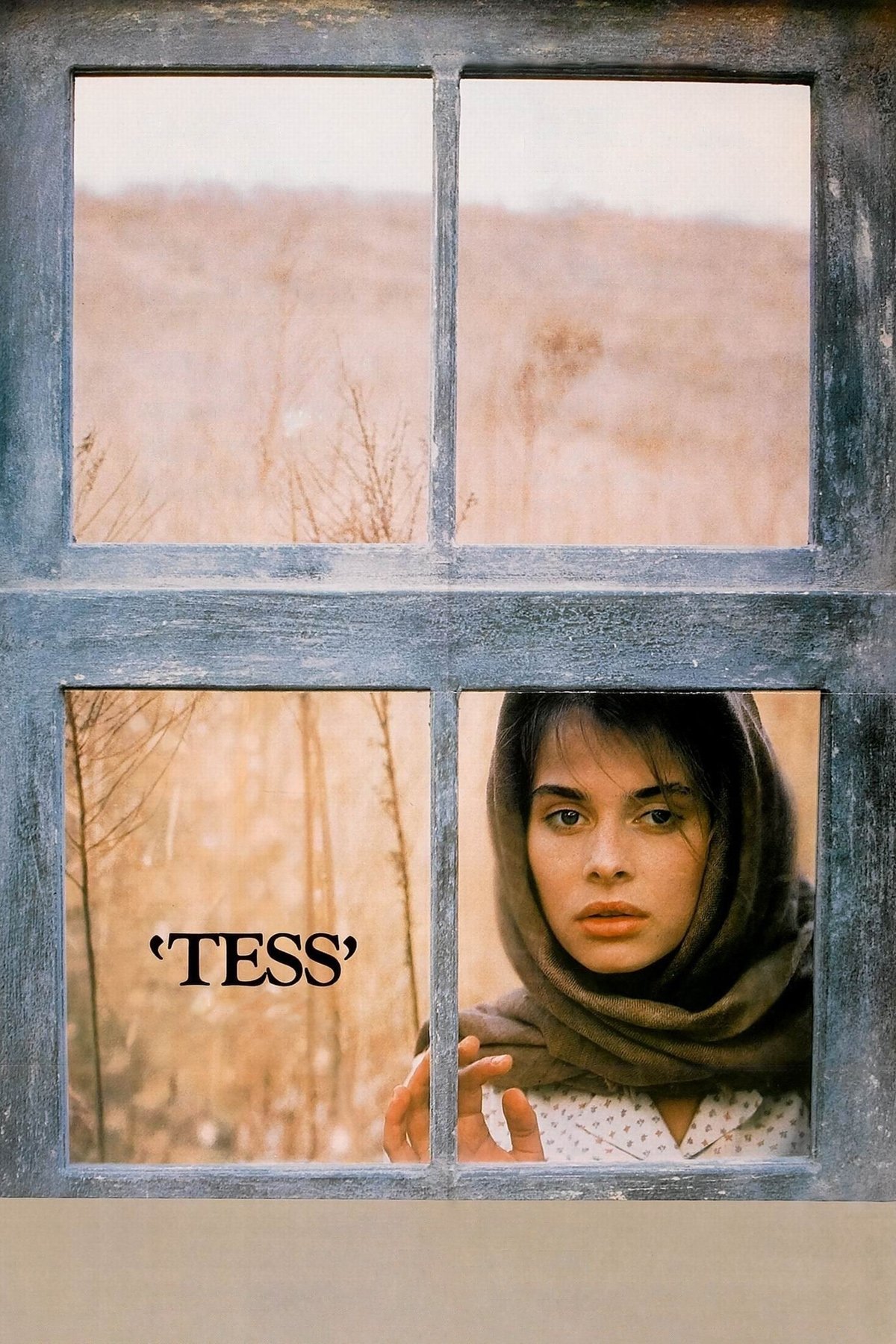
Tess
Tess
- Status: Released
- 06-10-1979
- Runtime: 172 min
- Score: 7.09
- Vote count: 366
A strong-willed peasant girl is sent by her father to the estate of some local aristocrats to capitalize on a rumor that their families are from the same line, but is left traumatised from her experiences.
Cast
Trailer
Review
_**Bringing in the sheaves stuck between a demon and an angel**_ During the Long Depression of the 1870-80s in Blackmore Vale, southern England, a peasant family discovers that they are nobility and thus their oldest daughter, an extraordinarily beautiful woman (Nastassja Kinski), is sent to meet the well-to-do family. She is eventually pitted between the interest of two very different men (Leigh Lawson and Peter Firth). Roman Polanski's "Tess" (1979) is based on Thomas Hardy's 1891 novel "Tess of the d'Urbervilles." Polanski was inspired to make the film because his late wife, Sharon Tate, gave him the book suggesting it would make a great film and she was interested in playing the title role. Unfortunately, it turned out to be the last time Roman saw his pregnant wife alive as she was heading back to the USA while he stayed in Europe to complete a picture. She was murdered by the Manson psychos on August 9th, 1969. This movie is dedicated to her during the opening credits. The two male characters are basically two sides of the same bad coin: one is amoral while the other is excessively moral. There is a scene in the book where Alec shows up to talk to the workers at harvest time wearing a cape with an upturned collar and carrying a pitchfork. The symbolism is obvious. Meanwhile Angel's figurative character is plain from his name. What's the point? Just as it's possible to be excessively bad, a person can be too good. The bible makes this observation in Ecclesiastes 7:16-18. They are two extremes and both have the power to destroy the lives of those they influence. To be expected, Angel eventually seeks to make things right whereas Alec arrogantly continues in his nonchalant amorality, which ultimately ushers in doom. The immutability of this is symbolized by Stonehenge. While a lot of people eventually swing to one extreme perspective/lifestyle or another, e.g. moralist, hedonist, atheist, most people are caught somewhere in the middle, uncertain and searching, like Tess. To enjoy this piece you have to brace yourself for a movie that has the confidence to take its time and tell its tale. You'll discover Victorian curiosities, pastoral mundaneness, beauty, lust, love, idiocy, humility, penitence, arrogance and tragedy. The film runs 3 hours, 6 minutes, with the original theatrical version running 2 minutes less and the DVD 2 hours, 52 minutes. It was shot entirely in France. GRADE: A-/B+

